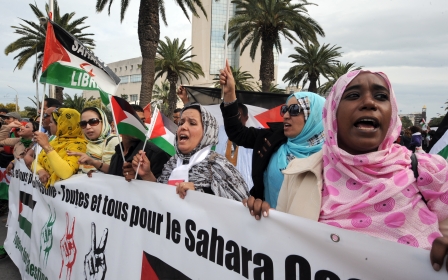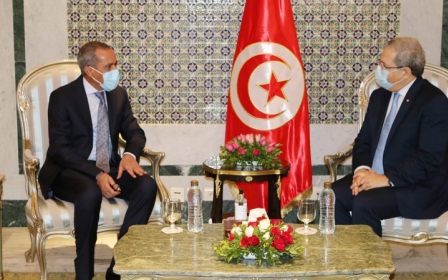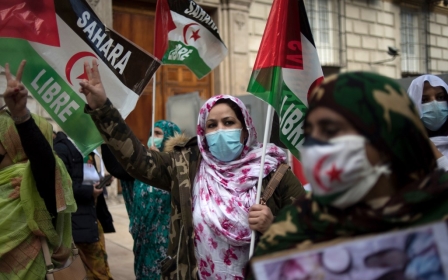Egypt to open diplomatic mission in Western Sahara's Laayoune
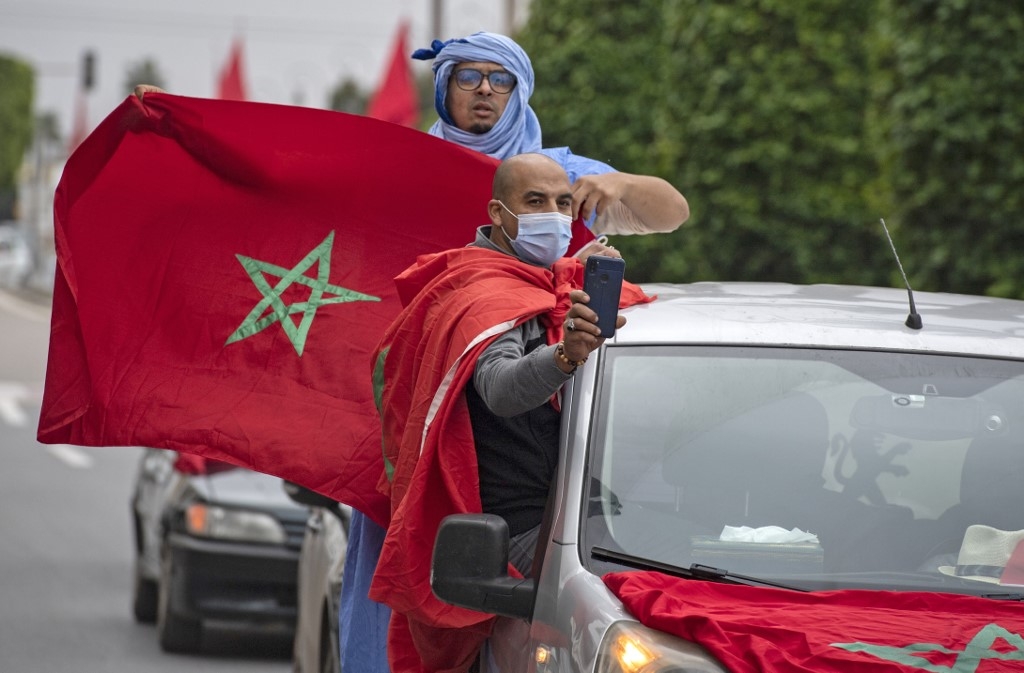
Egypt is planning to open a general consulate in the city of Laayoune in the disputed Morocco-controlled Western Sahara, according to Moroccan news site Assahafa.
On Sunday, Egyptian President Abdel Fattah el-Sisi instructed his foreign minister, Sameh Shoukry, to arrange the opening of an Egyptian consulate in Laayoune during a meeting with his Moroccan counterpart, Nasser Bourita.
During the opening of a Bahraini consulate in Laayoune last week, Bourita had said there were now 20 diplomatic missions in Western Sahara.
Earlier this month, the United States recognised Morocco's claim to Western Sahara as part of a deal in which Rabat normalised ties with Israel. Washington is set to open a consulate in the territory, too.
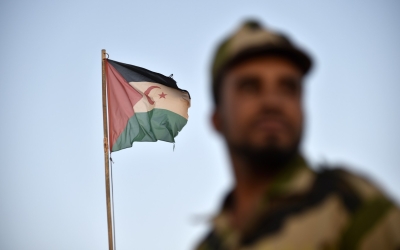
In November, the United Arab Emirates had been the first Arab state to open a consulate there.
Laayoune is the largest city in Western Sahara, which has been under the control of Morocco since the end of Spanish colonial rule in 1975.
The Algerian-backed Polisario Front has been unsuccessfully pressing for the region’s independence, while United Nations efforts to broker a settlement between Rabat and Sharawis have repeatedly failed.
Gaining international recognition for its claim to Western Sahara has long been Morocco's most important diplomatic ambition, and the UAE, Bahrain and Egypt's decisions to open diplomatic missions may help build support towards that end with other Arab allies.
Some 15 African states have also opened consulates in Western Sahara, including Zambia and Eswatini, which opened theirs in October.
Western Sahara, though a sparsely populated desert region, has rich fishing waters, phosphate deposits and Morocco's only working land route into the rest of Africa, as its border with Algeria is closed.
Rabat has said the most it can offer as a political solution to the dispute is autonomy.
The Polisario and its ally Algeria reject this and say they want a referendum, with independence for Western Sahara as one of the options.
Middle East Eye delivers independent and unrivalled coverage and analysis of the Middle East, North Africa and beyond. To learn more about republishing this content and the associated fees, please fill out this form. More about MEE can be found here.


